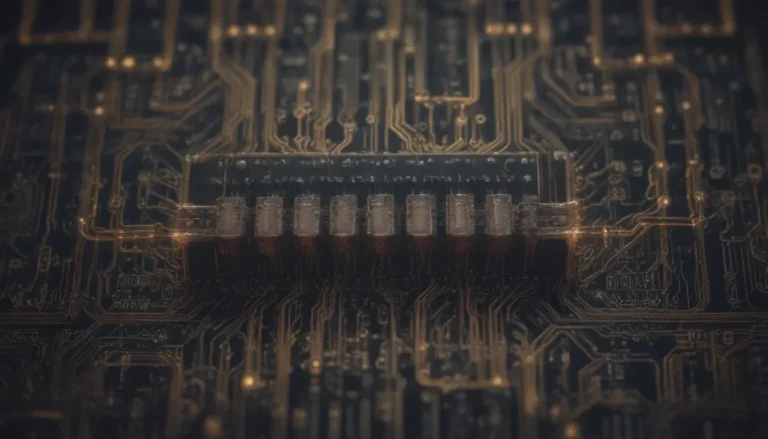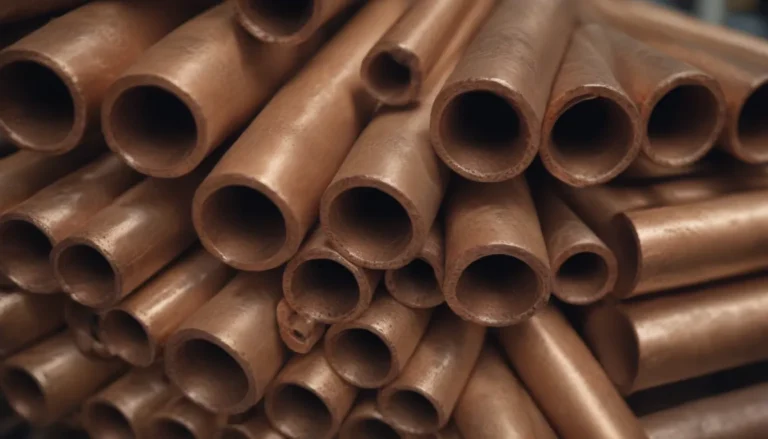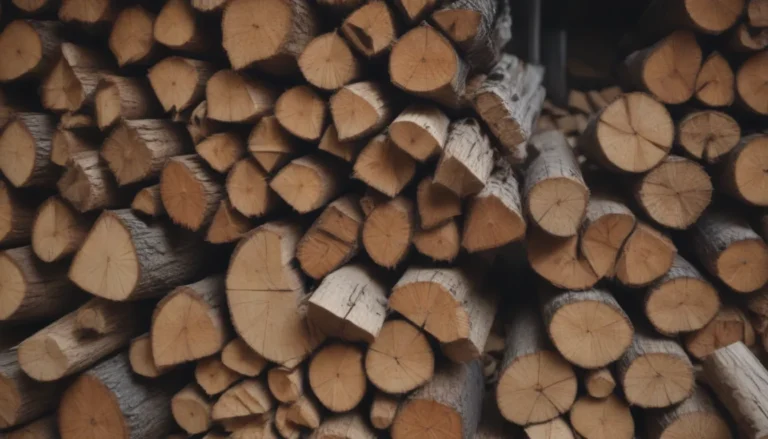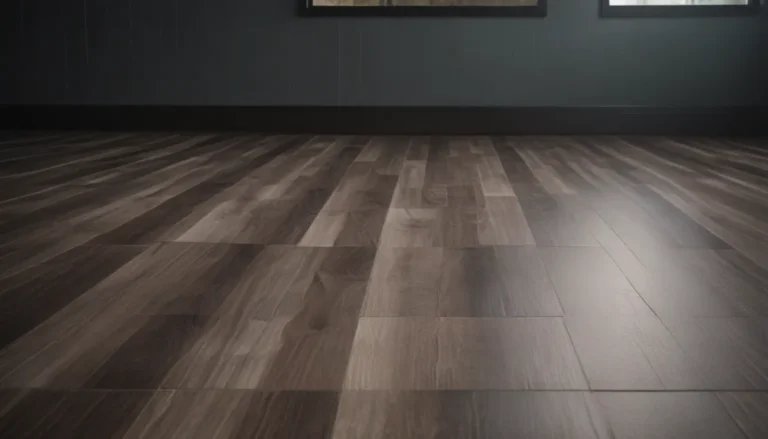The Ultimate Guide to Properly Disposing of an Air Conditioner
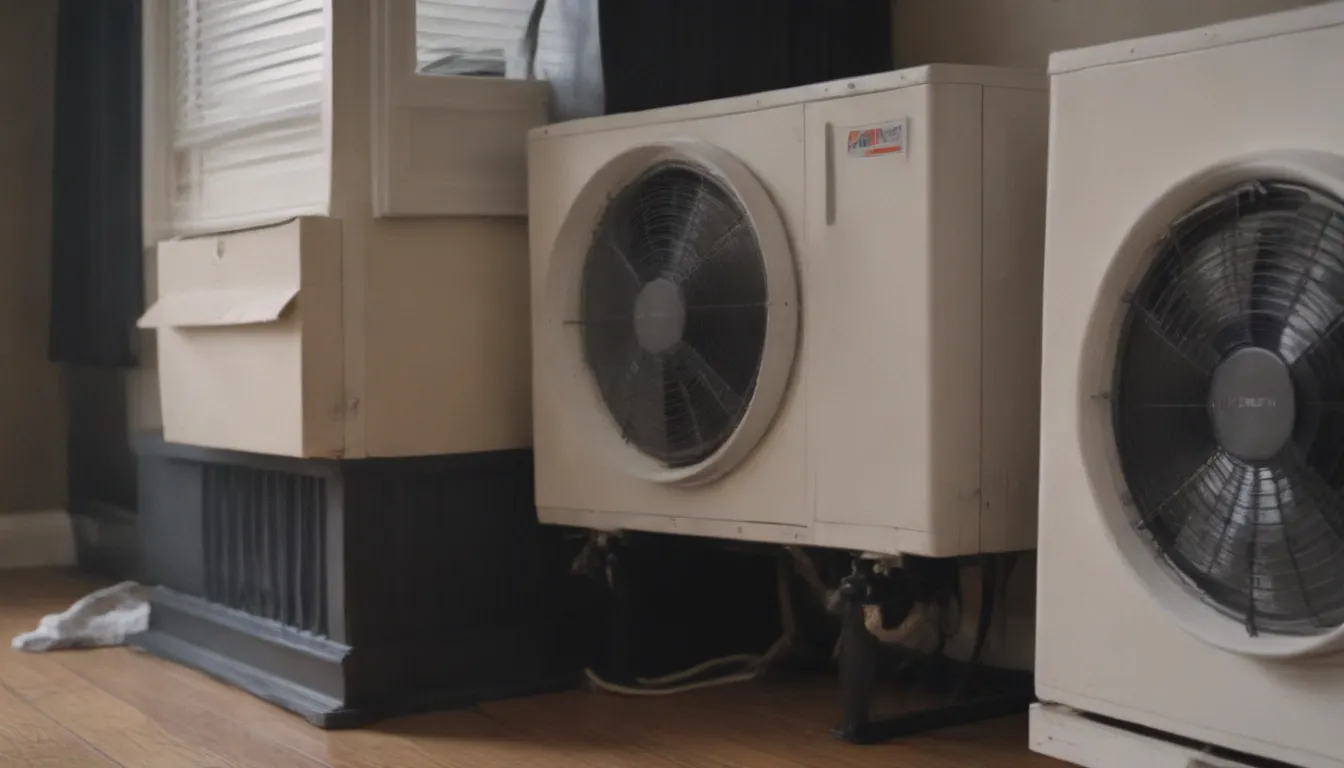
When the blistering heat of summer strikes, there’s nothing quite like the cool relief provided by an air conditioner. However, when it comes time to part ways with your trusty cooling companion, you might be left wondering how to dispose of it properly. Gone are the days when you could simply toss your air conditioner in the trash without a second thought. With environmental concerns on the rise, it’s crucial to handle the disposal of these bulky appliances in the right way.
In this comprehensive guide, we’ll explore why it’s essential to dispose of air conditioners correctly, outline the laws surrounding their disposal, and provide you with various options for responsible disposal. Whether you’re looking to upgrade to a newer model or say goodbye to an old unit, this guide will equip you with the knowledge you need to make environmentally conscious decisions.
Why Proper Air Conditioner Disposal is Important
When you dispose of an air conditioner, you’re essentially parting ways with a complex mix of materials, including plastic, copper, aluminum, stainless steel, and other non-biodegradable substances. While some components of an air conditioner, like paper filters, may be biodegradable, the majority of the materials used in these appliances have a significant impact on the environment.
One of the most concerning elements found in air conditioners is refrigerants. These substances, such as chlorofluorocarbons (CFCs), are greenhouse gases that contribute to climate change and harm the Earth’s ozone layer. Older air conditioners, in particular, may contain hazardous CFCs in their refrigerant systems. While newer refrigerants like R410a are considered less harmful, they still have environmental implications.
Understanding the Law
In the United States, the government has implemented laws to prevent the improper disposal of air conditioners. It is illegal to discard an air conditioner without first reclaiming the refrigerants contained within it. Individuals who are technically qualified can reclaim refrigerants, and they do not necessarily need to be certified HVAC technicians. Local authorities may also have additional regulations regarding the disposal of air conditioners.
Air Conditioner Disposal Options
Now that you understand the importance of proper disposal and the regulations in place, let’s explore some of the options available for getting rid of your old air conditioner responsibly.
1. Responsible Appliance Disposal (RAD) Program
The Environmental Protection Agency (EPA) runs the Responsible Appliance Disposal (RAD) program, which partners with companies and organizations to ensure that appliances like air conditioners are sent to facilities that can recycle them in an environmentally friendly manner. Currently, there are 77 RAD program facilities across 32 states equipped to reclaim refrigerants safely.
2. Air Conditioner Bounty Program
Check with your local utility company to see if they offer an air conditioner bounty program. These programs may provide customers with incentives, such as stipends, rebates, or discounts, to encourage the recycling of inefficient appliances. In some cases, these incentives can be used toward the purchase of newer, energy-efficient models.
3. Consult Local Disposal Agency
Certain municipalities offer curbside pickup programs for air conditioners and other appliances. These programs may subcontract disposal to private parties, who either recycle the units responsibly or export them to developing countries for reuse. Approximately 40% of appliances in this secondary market are estimated to end up overseas.
4. Local Debris Hauling Company
If you’re looking for a convenient disposal solution, consider hiring a debris hauling company to collect and dispose of your air conditioner. However, it’s essential to choose a company that will handle the recycling of the appliance properly, rather than simply discarding it in a landfill. Verify the company’s disposal practices before scheduling a pickup.
5. Donate Air Conditioner
If your air conditioner is still in good working condition, consider donating it to individuals or organizations in need. Older adults and homeless shelters, in particular, may benefit from receiving portable air conditioners. Be sure to donate units manufactured after 2010 to avoid passing harmful refrigerants to the recipients.
Proper Disposal of HVAC Systems
While disposing of portable or window air conditioners is relatively straightforward, the process for larger HVAC systems is more complex. HVAC companies, under Section 608 of the Clean Air Act, are required to reclaim all refrigerants from old systems. By working with certified reclamation facilities, these companies can ensure that refrigerants are handled properly and recycled to prevent environmental harm.
In conclusion, when it comes to parting ways with your air conditioner, it’s vital to prioritize responsible disposal methods. By following the guidelines outlined in this guide and exploring the various disposal options available, you can ensure that you’re doing your part to protect the environment and promote sustainability in your community.
Remember, every small step towards responsible disposal counts and contributes to a cleaner, healthier planet for future generations.
References:
– Tsvetkov, O. Laptev, Yu. Refrigerants and environment. Journal of Physics: Conference Series, vol. 891, no. 1, 2017. doi:10.1088/1742-6596/891/1/012218.
– Refrigeration and air conditioning. Australia Department of Agriculture, Water and the Environment. Stationary Refrigeration Safe Disposal Requirements.
– Environmental Protection Agency. Disposing of Appliances Responsibly.
– United States Environmental Protection Agency. Older Adults and Extreme Heat.
– Centers For Disease Control and Prevention. Residential Air Conditioning and the Phaseout of HCFC-22: What You Need to Know.
– United States Environmental Protection Agency. Section 608 of the Clean Air Act: Stationary Refrigeration and Air Conditioning.
By following these guidelines and exploring the various disposal options available, you can ensure that you are doing your part to protect the environment and promote sustainability in your community. Remember, every small step towards responsible disposal counts and contributes to a cleaner, healthier planet for future generations.
